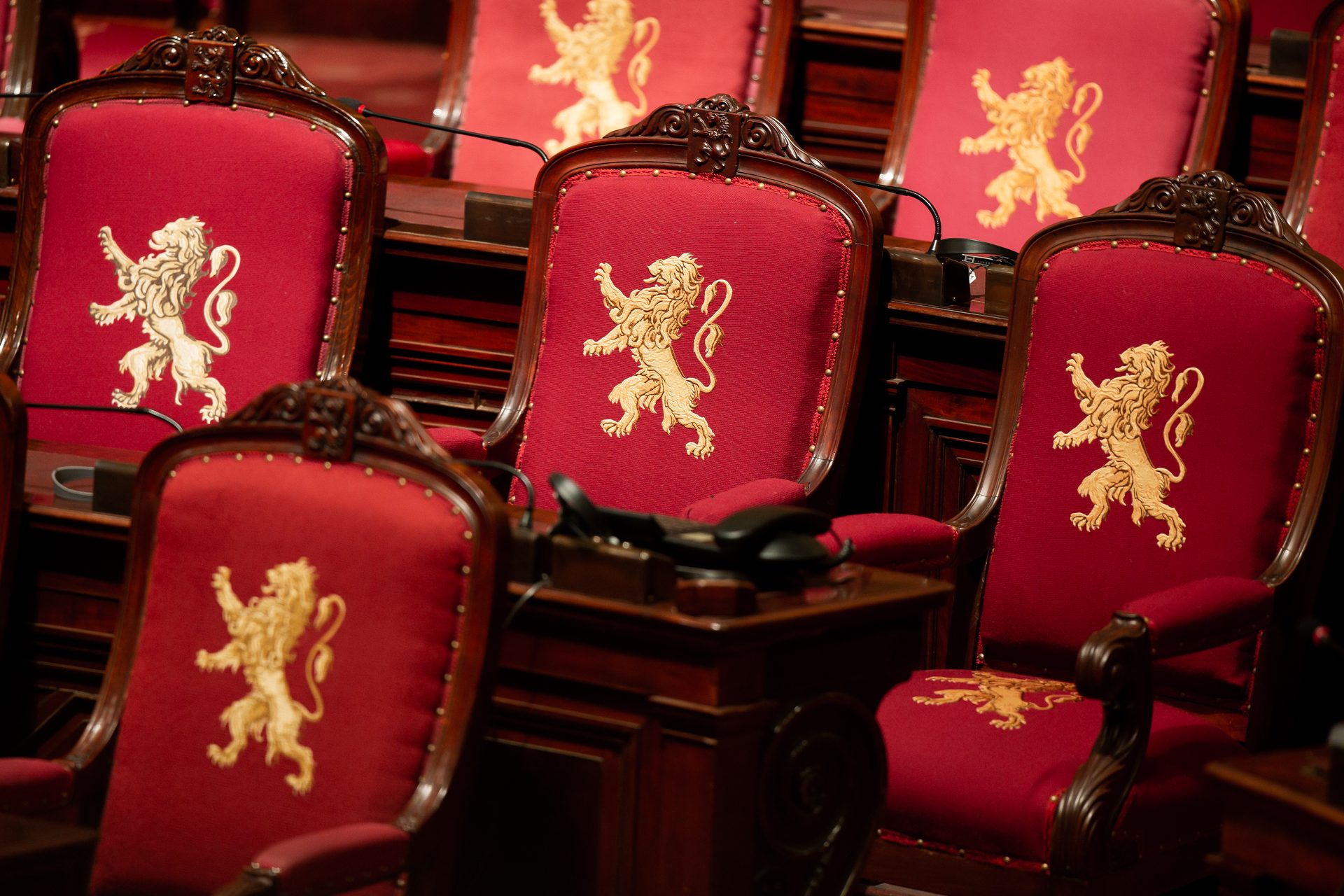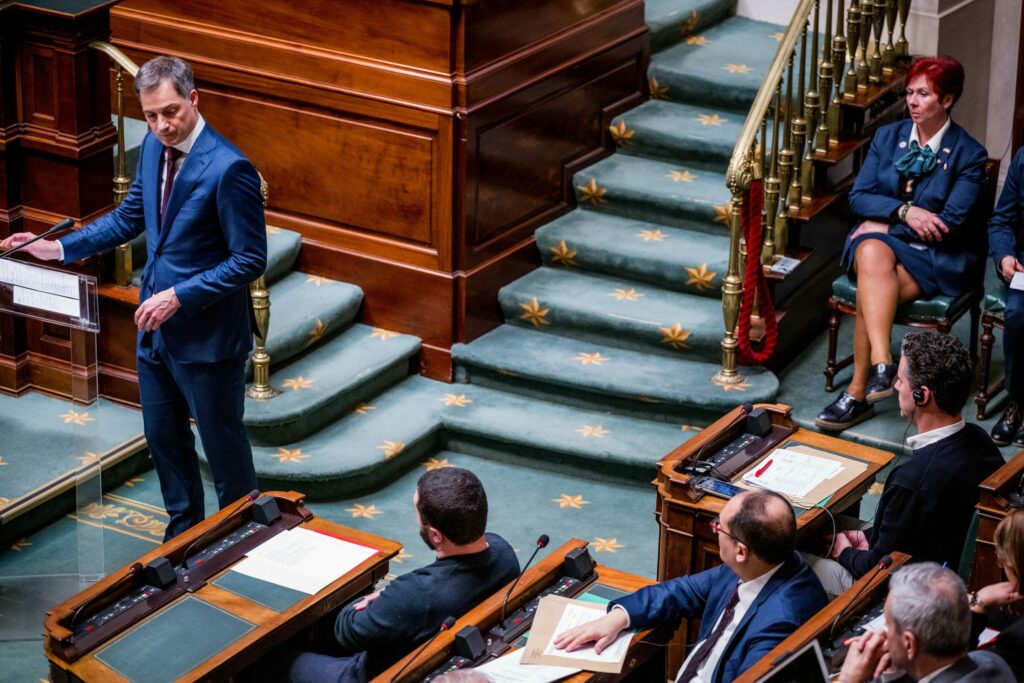The Federal Government reached an agreement last Friday over which articles of the Constitution could be subject to revision during the next legislature – clearing the way for a possible Belgian State reform after elections in June.
A practice which is customarily carried out at the end of a legislative period, MPs in the so-called Vivaldi majority agreed on articles of the Constitution which can be amended by the next parliament.
The agreement also heralds the forthcoming dissolution of the chambers and the end of this legislature ahead of the elections. It is designed to prevent the Constitution from being easily upended by an accidental majority.
The main selected articles allow fundamental rights to be modified in the constitution, namely new articles relating to rights already recognised in European and international conventions.
The Federal Government has also opened existing articles for revision: to guarantee a more balanced representation of men and women within governments, to modernise the secrecy of correspondence, and to strengthen the freedom of the press.
"The intention is to move forward, not backwards on rights and freedoms," said Belgian Prime Minister Alexander De Croo (Open VLD).
Major state reform on the cards?
However, the selection of Article 195 for revision is important as it can allow for institutional change, since it governs the procedure for revising the Constitution itself.
This specific article effectively allows for the amendment of the entire Constitution to be revised in the next legislature and could mean both handing more power from federal entities to the regions – but also vice versa.
"With a revision of Article 195, work on a new state structure can begin after the elections," said Belgian Minister of the Interior, Institutional Reform and Democratic Renewal Annelies Verlinden (CD&V).

Interior Minister Annelies Verlinden pictured during a press conference to discuss the revision of the Constitution, Friday 03 May 2024 in Brussels. Credit: Belga / Hatim Kaghat
The government did not place any restrictions on the direction of a possible state reform, according to De Croo.
Selecting Article 195 could open the door to confederalism in Belgium – the main goal and policy of the Flemish nationalist party N-VA who seek to return all power to the regions (and decide together on what issues to collaborate on federally). Previous state reforms in Belgium have given the regions more power.
However, this article could also do the reverse, namely allow for the transfer of certain competencies (such as health) back to the federal level – the opposite of what Flemish nationalists want. In any event, any state reform would require a two-thirds majority in the next Federal Parliament.
Federal Government had agreed in 2021 on a new structure for the State from 2024, with a more homogenous and more efficient distribution of powers, while strengthening the autonomy of the federated entities and the power of the federal level.
"In so doing, the Federal Government is taking a first step towards modernising the structures of the State, improving their efficiency and deepening their democratic principles," according to the government agreement. Le Soir also reported that the new state structure was pushed by the Flemish Christian Democrats (CD&V) in the coalition.

Senate seats at the Federal Parliament in Brussels. Credit: Belga / Nicolas Maeterlinck
Yet some constitutional experts believe that this use of Article 195 constitutes a "misuse" of standard procedure.
"If the opening of this article serves to initiate a real debate on the procedure for revising the Constitution, well done. But if, as in 2010, the aim is to revise during the next legislature a series of articles that have not been declared open to revision, that worries me," UCLouvain professor of constitutional law Marc Verdussen told L'Echo.
The De Croo government is also opening up a series of articles for revision in order to allow a debate on the future of the Senate, which several parties want to abolish altogether.
Belgium's current parliament, which will soon be dissolved ahead of elections, has yet to approve the decision. If it does, the move could open the door to major state reform after the elections on 9 June 2024.

